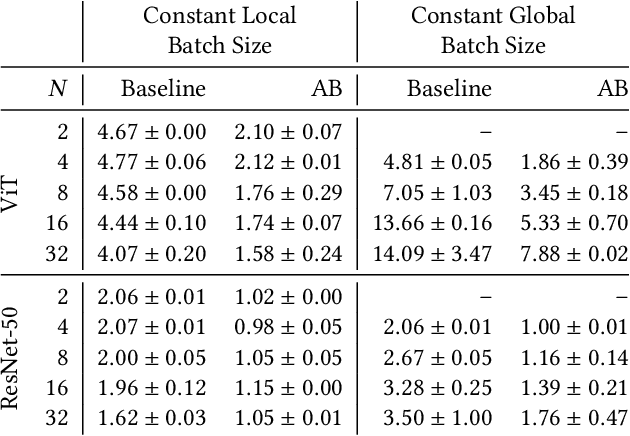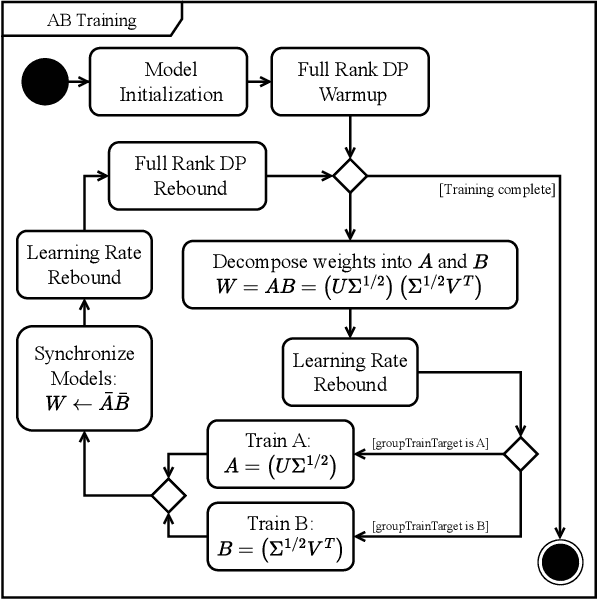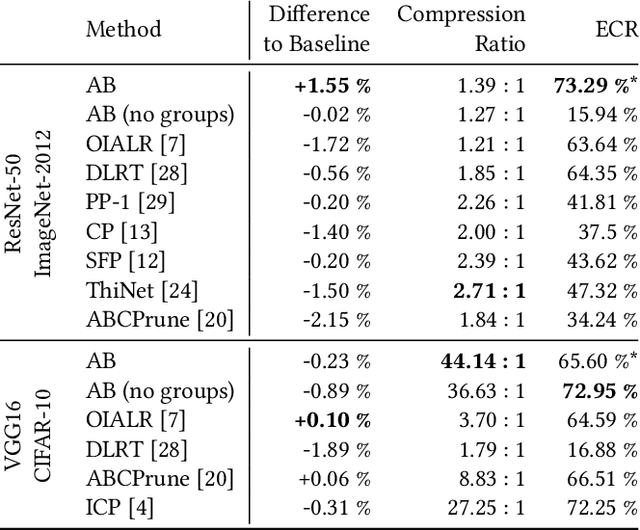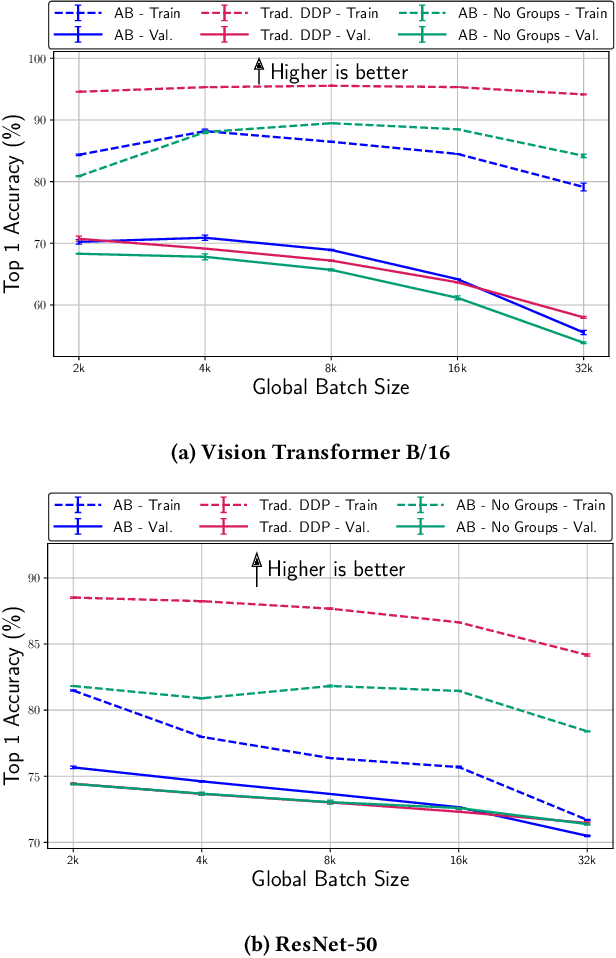Nicholas Kiefer
A Comparative Study of Pruning Methods in Transformer-based Time Series Forecasting
Dec 17, 2024Abstract:The current landscape in time-series forecasting is dominated by Transformer-based models. Their high parameter count and corresponding demand in computational resources pose a challenge to real-world deployment, especially for commercial and scientific applications with low-power embedded devices. Pruning is an established approach to reduce neural network parameter count and save compute. However, the implications and benefits of pruning Transformer-based models for time series forecasting are largely unknown. To close this gap, we provide a comparative benchmark study by evaluating unstructured and structured pruning on various state-of-the-art multivariate time series models. We study the effects of these pruning strategies on model predictive performance and computational aspects like model size, operations, and inference time. Our results show that certain models can be pruned even up to high sparsity levels, outperforming their dense counterpart. However, fine-tuning pruned models is necessary. Furthermore, we demonstrate that even with corresponding hardware and software support, structured pruning is unable to provide significant time savings.
AB-Training: A Communication-Efficient Approach for Distributed Low-Rank Learning
May 02, 2024



Abstract:Communication bottlenecks hinder the scalability of distributed neural network training, particularly on distributed-memory computing clusters. To significantly reduce this communication overhead, we introduce AB-training, a novel data-parallel training method that decomposes weight matrices into low-rank representations and utilizes independent group-based training. This approach consistently reduces network traffic by 50% across multiple scaling scenarios, increasing the training potential on communication-constrained systems. Our method exhibits regularization effects at smaller scales, leading to improved generalization for models like VGG16, while achieving a remarkable 44.14 : 1 compression ratio during training on CIFAR-10 and maintaining competitive accuracy. Albeit promising, our experiments reveal that large batch effects remain a challenge even in low-rank training regimes.
Harnessing Orthogonality to Train Low-Rank Neural Networks
Jan 16, 2024



Abstract:This study explores the learning dynamics of neural networks by analyzing the singular value decomposition (SVD) of their weights throughout training. Our investigation reveals that an orthogonal basis within each multidimensional weight's SVD representation stabilizes during training. Building upon this, we introduce Orthogonality-Informed Adaptive Low-Rank (OIALR) training, a novel training method exploiting the intrinsic orthogonality of neural networks. OIALR seamlessly integrates into existing training workflows with minimal accuracy loss, as demonstrated by benchmarking on various datasets and well-established network architectures. With appropriate hyperparameter tuning, OIALR can surpass conventional training setups, including those of state-of-the-art models.
A dynamic risk score for early prediction of cardiogenic shock using machine learning
Mar 28, 2023



Abstract:Myocardial infarction and heart failure are major cardiovascular diseases that affect millions of people in the US. The morbidity and mortality are highest among patients who develop cardiogenic shock. Early recognition of cardiogenic shock is critical. Prompt implementation of treatment measures can prevent the deleterious spiral of ischemia, low blood pressure, and reduced cardiac output due to cardiogenic shock. However, early identification of cardiogenic shock has been challenging due to human providers' inability to process the enormous amount of data in the cardiac intensive care unit (ICU) and lack of an effective risk stratification tool. We developed a deep learning-based risk stratification tool, called CShock, for patients admitted into the cardiac ICU with acute decompensated heart failure and/or myocardial infarction to predict onset of cardiogenic shock. To develop and validate CShock, we annotated cardiac ICU datasets with physician adjudicated outcomes. CShock achieved an area under the receiver operator characteristic curve (AUROC) of 0.820, which substantially outperformed CardShock (AUROC 0.519), a well-established risk score for cardiogenic shock prognosis. CShock was externally validated in an independent patient cohort and achieved an AUROC of 0.800, demonstrating its generalizability in other cardiac ICUs.
 Add to Chrome
Add to Chrome Add to Firefox
Add to Firefox Add to Edge
Add to Edge